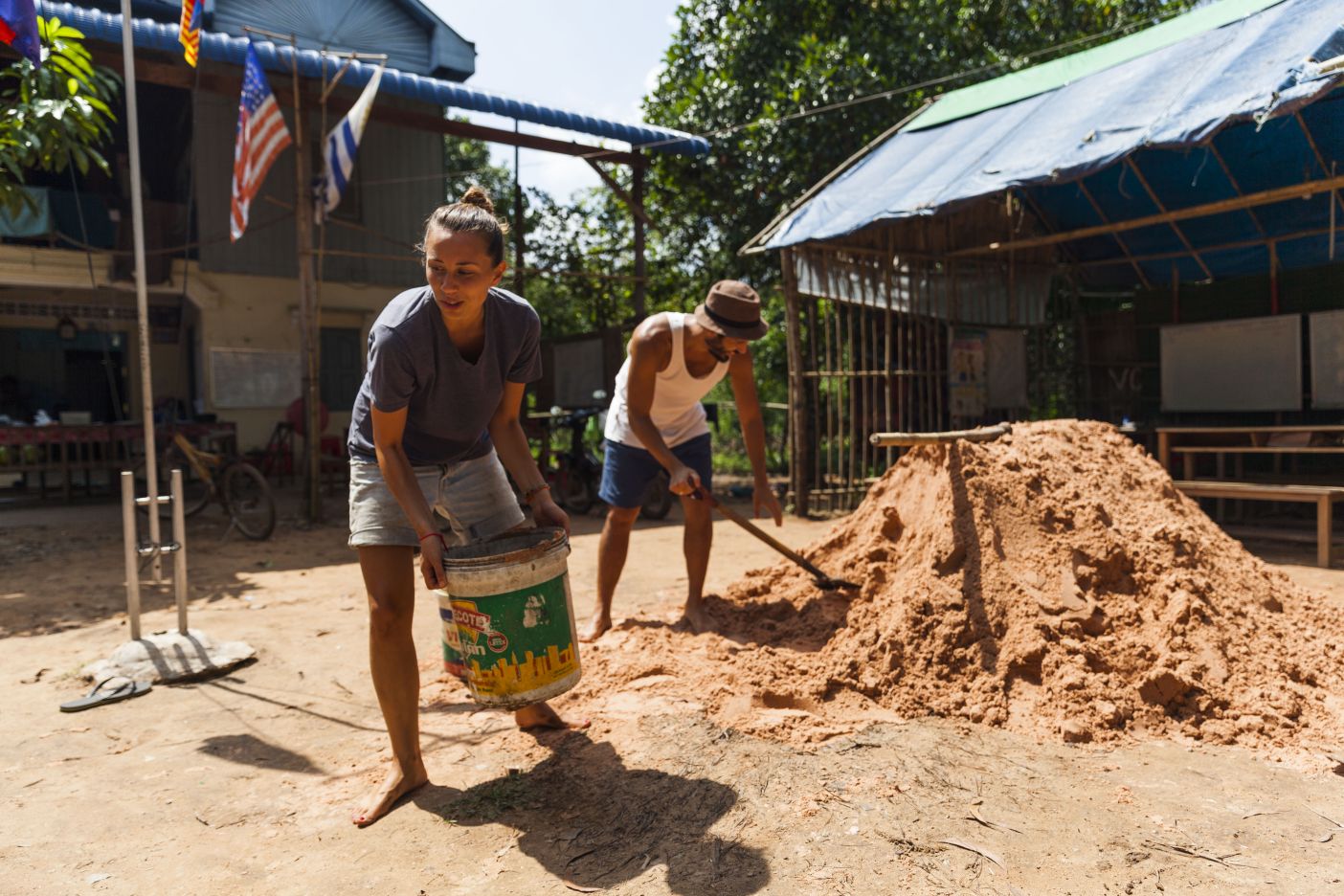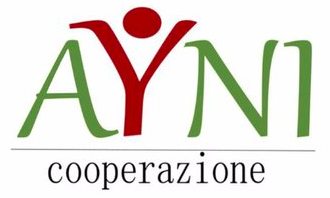Many of us ask: “Why should I pay if I am already donating my time, my efforts and my skills? Couldn’t they give me free food and accommodation at least?”. International volunteering is expensive and that comes as a surprise to most people. It might be hard to understand why it is us, unpaid volunteers, who have to make an extra effort and contribute to the economic stability of the organization, covering all costs (food, accommodation, administrative and management…).
Looking for an answer, we have stepped into the shoes of those associations that receive international volunteers and started an analysis of costs and benefits. We came up with 7 reasons why volunteering abroad is not for free. It is up to you to decide if you find these reasonable or not. Comments are welcome.
1. Because organizations are not able to afford volunteers’ living costs
It might not be much, but volunteers’ living costs over a long period of time are a burden for the organization. Not all non-profits have accommodation available for their volunteers, and they might be forced to rent a place. But even if they had their own space, they still need to pay for cleaning, maintenance, and bills. On top of that, you add 3 meals a day and that is how it gets pretty expensive.
Non-profit organizations, naturally, sustain themselves with donations made by foundations, institutions or individuals, and it is not easy for them to fundraise for volunteer costs. Their efforts are focused on other priorities, such as scholarships for their kids, or the salary for another employee.
2. Because organizations invest time and money to recruit volunteers
Making yourself noticed in such a competitive sector as international volunteering is hard. That is why organizations that want to receive a constant flux of volunteers to get vital support for their projects must make an effort in order to design a good recruitment campaign or strategy. That requires nice videos, information packs, and posting on recruitment platforms like Ayni (and not all of them are for free like us).
Once applications have been received, a member of staff must screen them, manage communication with all applicants, and assist him or her from arrival to departure. Some associations decide to quantify the efforts made for the volunteering programme and make the volunteers pay for them. This is basically what happens when they ask for administration fees.
3. Because volunteers’ fees keep small NGOs “alive”
Small, local initiatives can rarely rely on the institutions or foundations’ support. Their sustainability depends on individuals’ kind donations. The growing popularity of international volunteering, then, comes to them as an opportunity for a little extra income. In other words, many NGOs we know wouldn’t even exist if it wasn’t for the volunteers’ contribution.

4. Because the volunteers’ work doesn’t make up for the cost of having them
Volunteers are often convinced they can make such a huge difference to the projects they join by staying there as little as 2 weeks. That is not how things work. Recruitment and design costs, and then training costs (especially for young volunteers) are often higher than the benefits of volunteers work. This is also the reason why volunteering fees tend to decrease when volunteers stay for longer.
5. Because international volunteers can afford it
Running costs of small NGOs can be very low, while good standard food and accommodation often are not. Directors have understood it is not worth it to make huge sacrifices to pay this high price when for the volunteer it is not such a burden.
6. Because hosting organizations actually offer a service to the volunteer
International volunteering is not just about donating your time to help people. Nowadays, people choose to volunteer because they want to see the world, have an exchange with a different culture, improve their language skills, become citizens of the world, make new friends, boost their CV, develop new soft skills… That is why many NGOs consider their volunteering programmes a service to the volunteer.
Surely they appreciate the work done, the skills offered and the cultural exchange between volunteers and beneficiaries (when appropriate). But they have understood that volunteers are there because they want to live an “experience”, an experience they can offer, and they don’t feel guilty getting paid for it. In the end, everything they earn is for the charity, the beneficiaries, and their mission.

WRITTEN BY CHIARA MINIGUTTI
Director general and head coordinator of AYNI Cooperazione (Italia)
A partner organization of Dream Big



Recent Comments